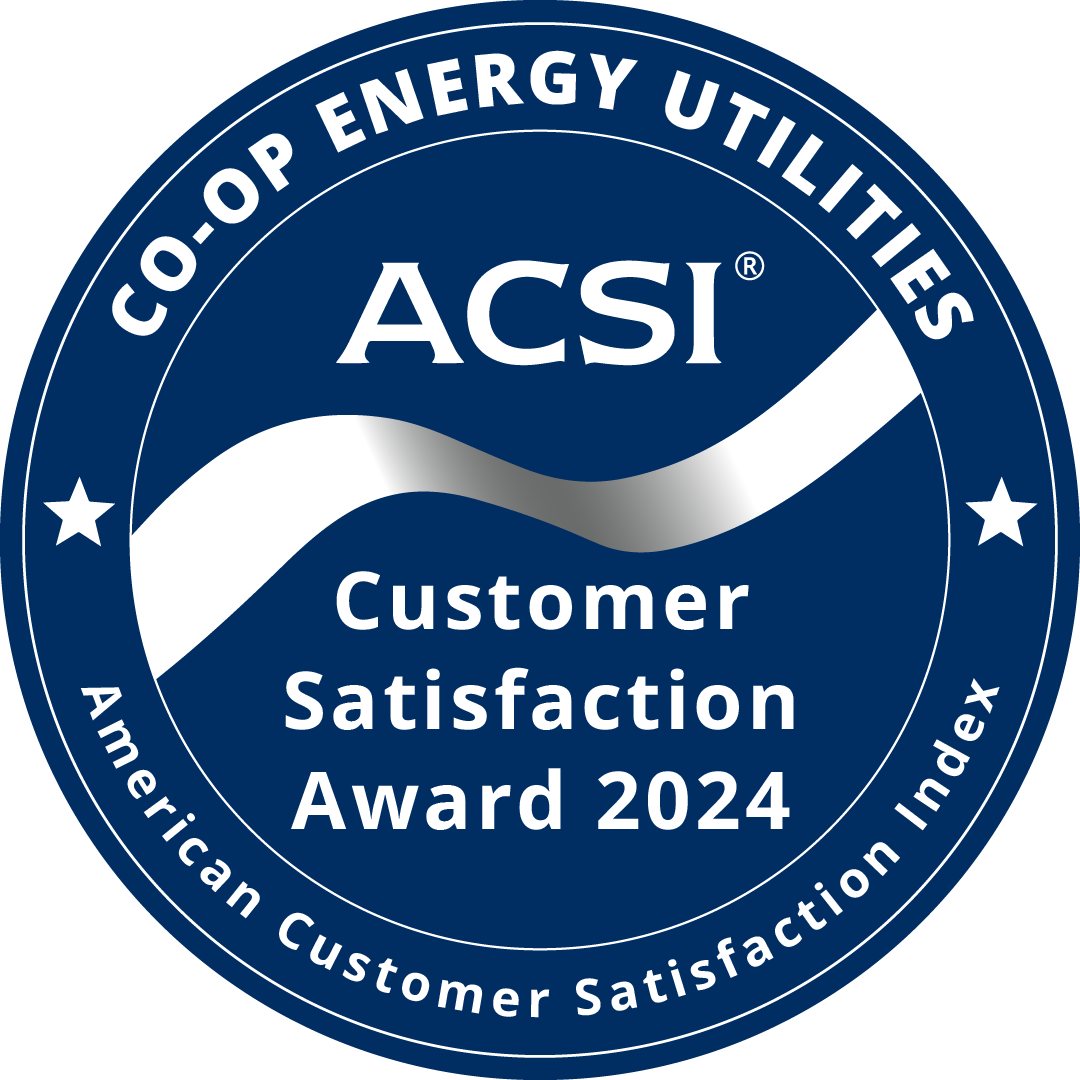At Carteret-Craven Electric Cooperative, we work hard every day to provide you with the best service possible while also striving to keep rates low.
Our entire nation is facing economic challenges from inflation, labor shortages, and the rising costs of materials. CCEC and the entire energy sector are not immune to these challenges. Energy prices have been affected by the increasing cost of natural gas, coal and other generation sources.
Over the past two years, we have seen supply costs increases in all areas of operations. Material shortages, strong consumer demand, and lingering impacts from the pandemic are some of the reasons behind rising prices.
In this ever-changing economic environment, completing a cost-of-service study ensures that we continue to provide rates that are fair and equitable to all members while fulfilling our duty of keeping CCEC financially sound, and continuing to provide you, our members, with safe and reliable electricity.
What is a cost-of-service study?
A cost-of-service study is a review of a utility’s rates by a third-party consultant. Completing this study ensures the rates CCEC charges will provide enough revenue to cover expenses and meet our lenders’ margin requirements. If CCEC is unable to cover expenses, we would have to cut back on things like maintenance to our system, which could lead to a reduction in reliability.
The cost-of-service study also ensures that the rates charged are assigned to the source of those expenses. For example, if the cooperative has large costs associated to providing service to an industrial member, then the rates that are charged to that member must recover the cost of serving that member.
If the rates charged to the industrial member did not cover the costs, then other members would have to help bear those costs. CCEC wants to avoid this situation and ensure all members are billed fairly. Therefore, the rate charged to the industrial members is different than that of a residential member to ensure the cost of serving the industrial member is covered.
What happens to excess revenue?
Since CCEC is a not-for-profit cooperative, our rates cover the cost of delivering power to our members. Any additional revenue is returned to members in the form of capital credits because we are owned by members, not outside investors.
Will rates increase?
Not necessarily. While costs are rising, a cost-of-service study could show that expenses for some rate classes have grown faster than others. As a result, some rate classes could see a change, while other rate classes may not.
Any changes would likely take effect with your October 2023 bill. Be on the lookout for more information about issues impacting rates, energy saving programs, and more in the coming months.

